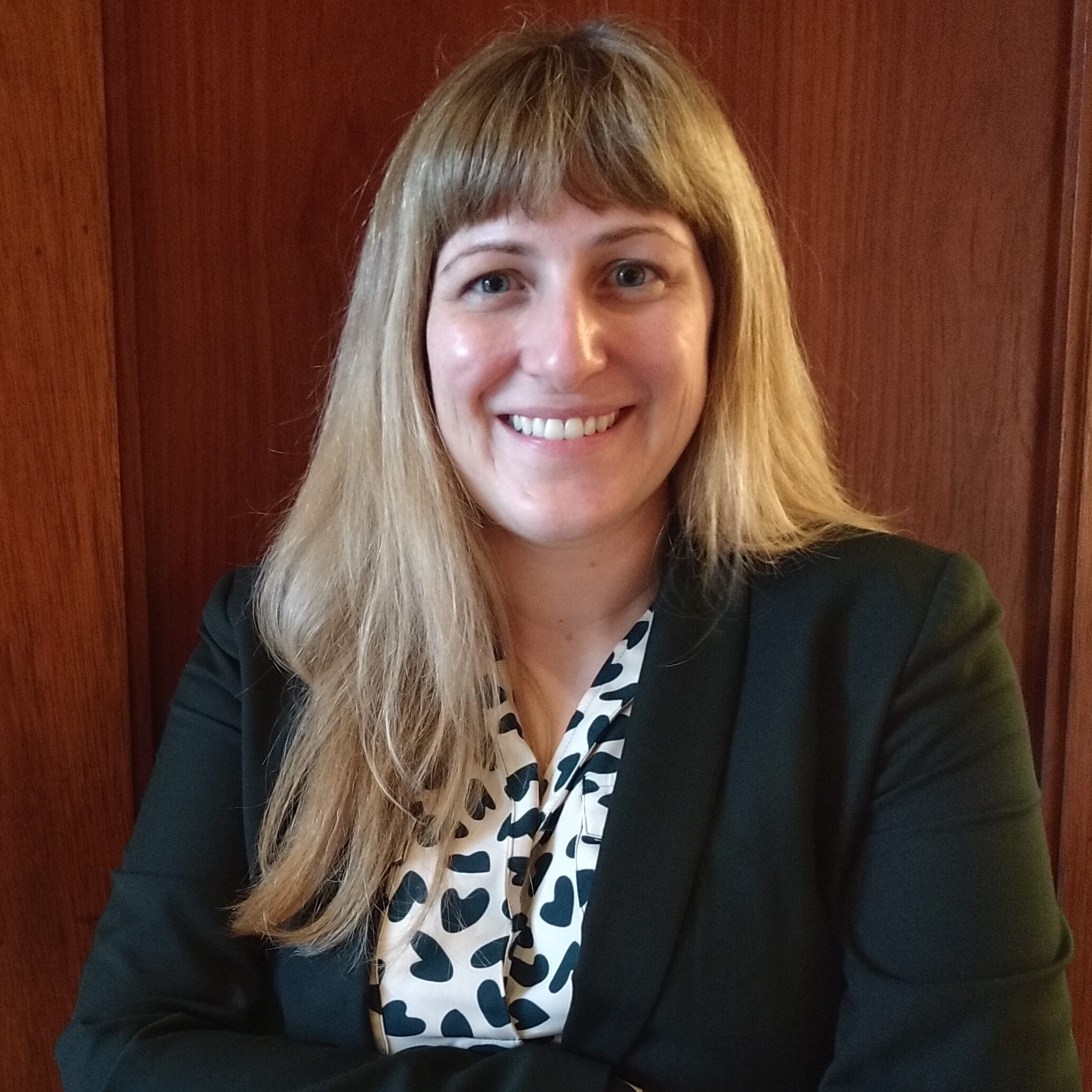
De novo variants are variants in offspring, but not in their parents. Every human has somewhere between 40-100 unique variants that their parents don’t have. These variants are important because firstly, they can cause diseases such as neurodevelopmental disorders. Secondly, scientists use them to study mutation rates which is the rate of mutations that occur in humans and other species. However, de novo variant calling has been a challenge in the field for several years. The Turner Lab has recently released Hare And Tortoise (HAT), an automated de novo variant (DNV) detection workflow for highly accurate short-read and long-read sequencing data. The method was published in Bioinformatics in January 2024.
Largely different from previously available tools, HAT is optimized to be used on all three types of sequencing data. Now scientists can use HAT to detect high-quality DNVs from Illumina short-read whole-exome sequencing, Illumina short-read whole-genome sequencing, and highly accurate PacBio HiFi long-read whole-genome sequencing data. Particularly, as long-reads are becoming less expensive, there are a lot of benefits to applying this tool for de novo variant calling on long-read data. Read more about the benefits of long-read sequencing here.
“I think the big significance is that there is finally a de novo variant caller for researchers, anywhere, with any kind of computing infrastructure to be able to use and get high quality de novo variants. For us we want to use it to continue to do our studies on autism. But it’s going to be very valuable to the larger community as well!”
Dr. Tychele Turner
HAT stands for Hare and Tortoise. Initially the lab developed a CPU based version of the tool, which was called “Tortoise” because it runs slowly. Then a GPU based version was developed to run at a faster speed, which is called “Hare”. “We really wanted to make sure that people can do it with CPUs and GPUs. So it is available to people in either implementation.” said Dr. Turner.
Since inception, the Turner Lab has been devoted to researching noncoding variation in autism. One thing the lab works on a lot is the de novo variant calling framework. In 2022, the lab published its first de novo variant caller, which improved the speed of previous methods by 100 times. In 2023, the lab published Acorn, a quality control tool for de novo variant analysis. After streamlining and optimizing the computational tools, the lab is set to take on bigger projects on the data they’ve generated so far.
HAT is available here: https://github.com/TNTurnerLab/HAT
Featured in this Article
Turner Lab

The Turner Lab focuses on the study of noncoding variation in autism, precision genomics in 9p deletion syndrome, optimization of genomic workflows and the application of long-read sequencing to human genetics.